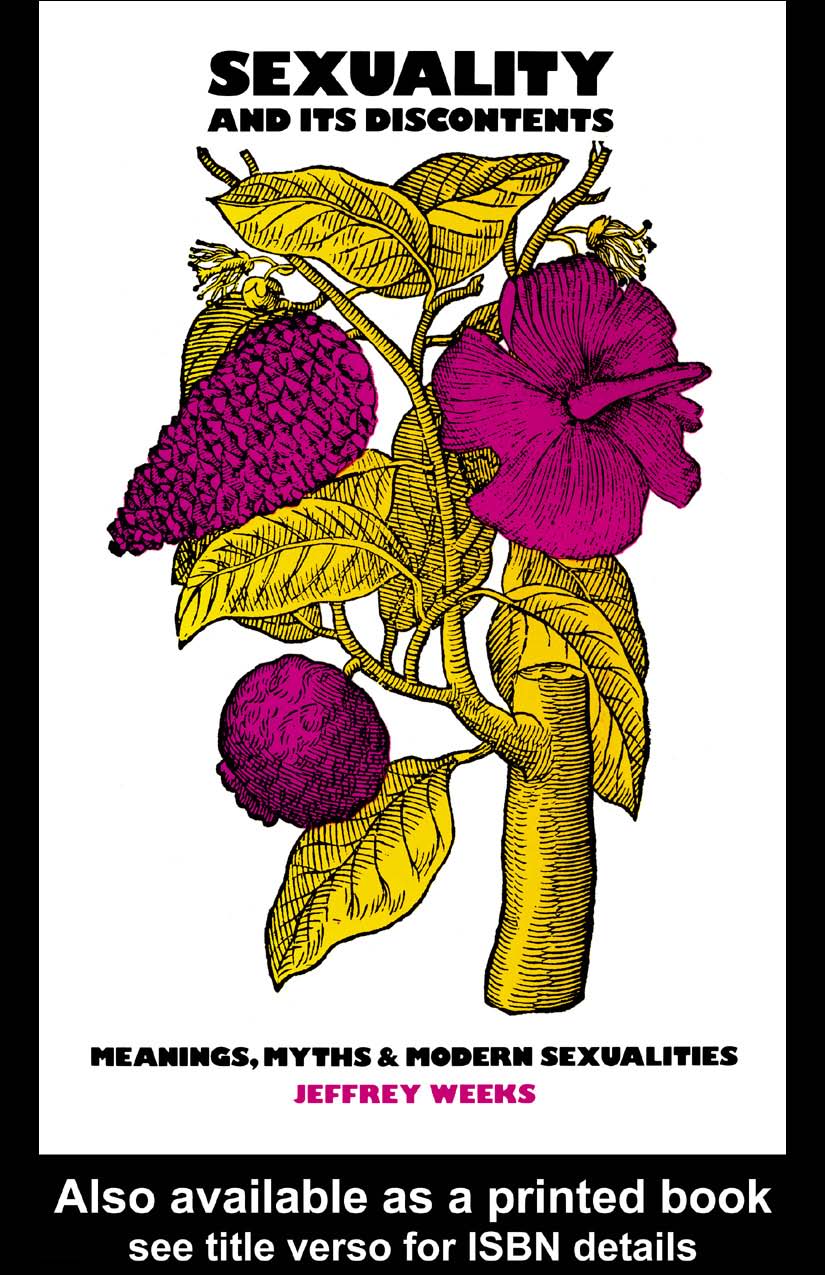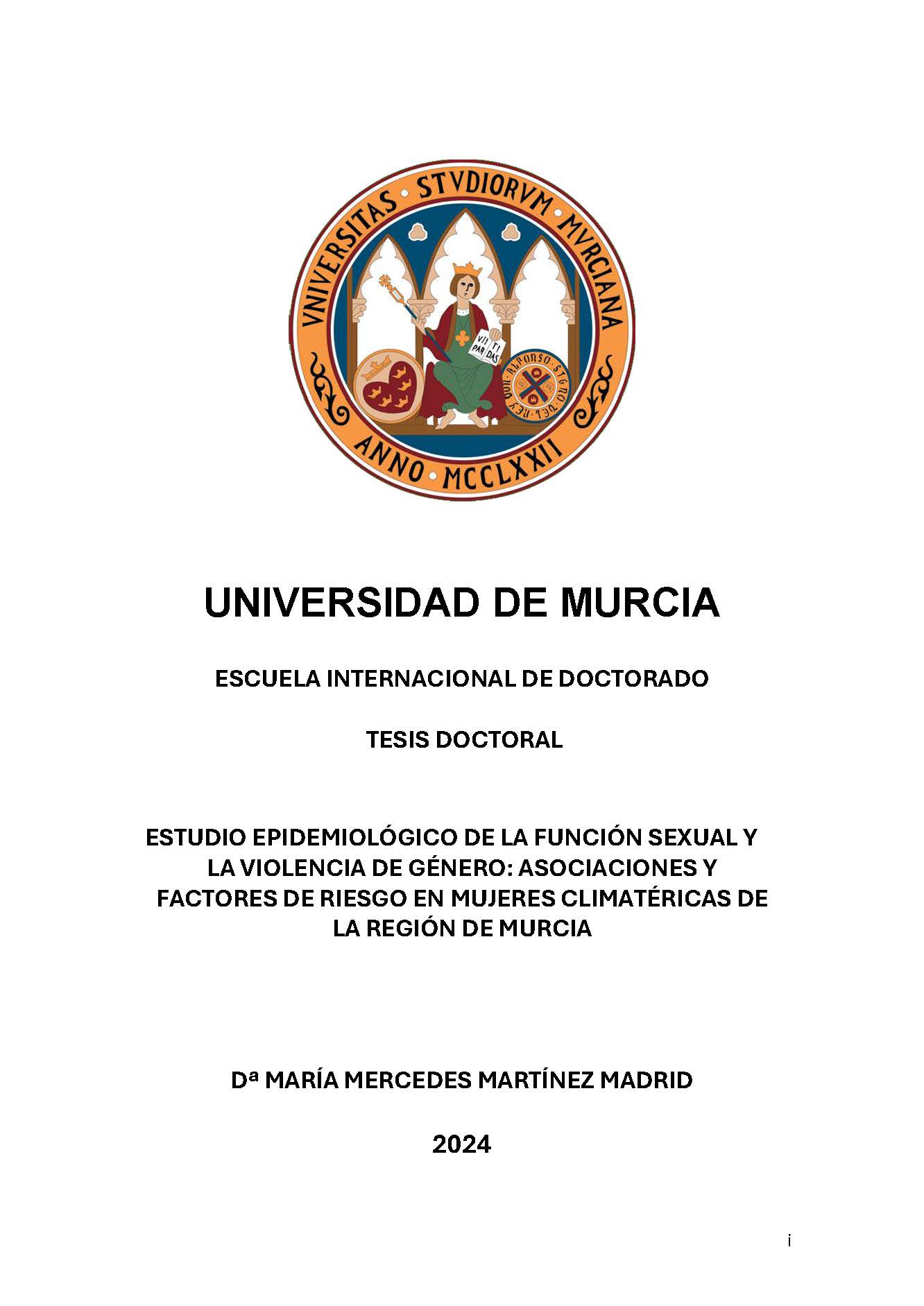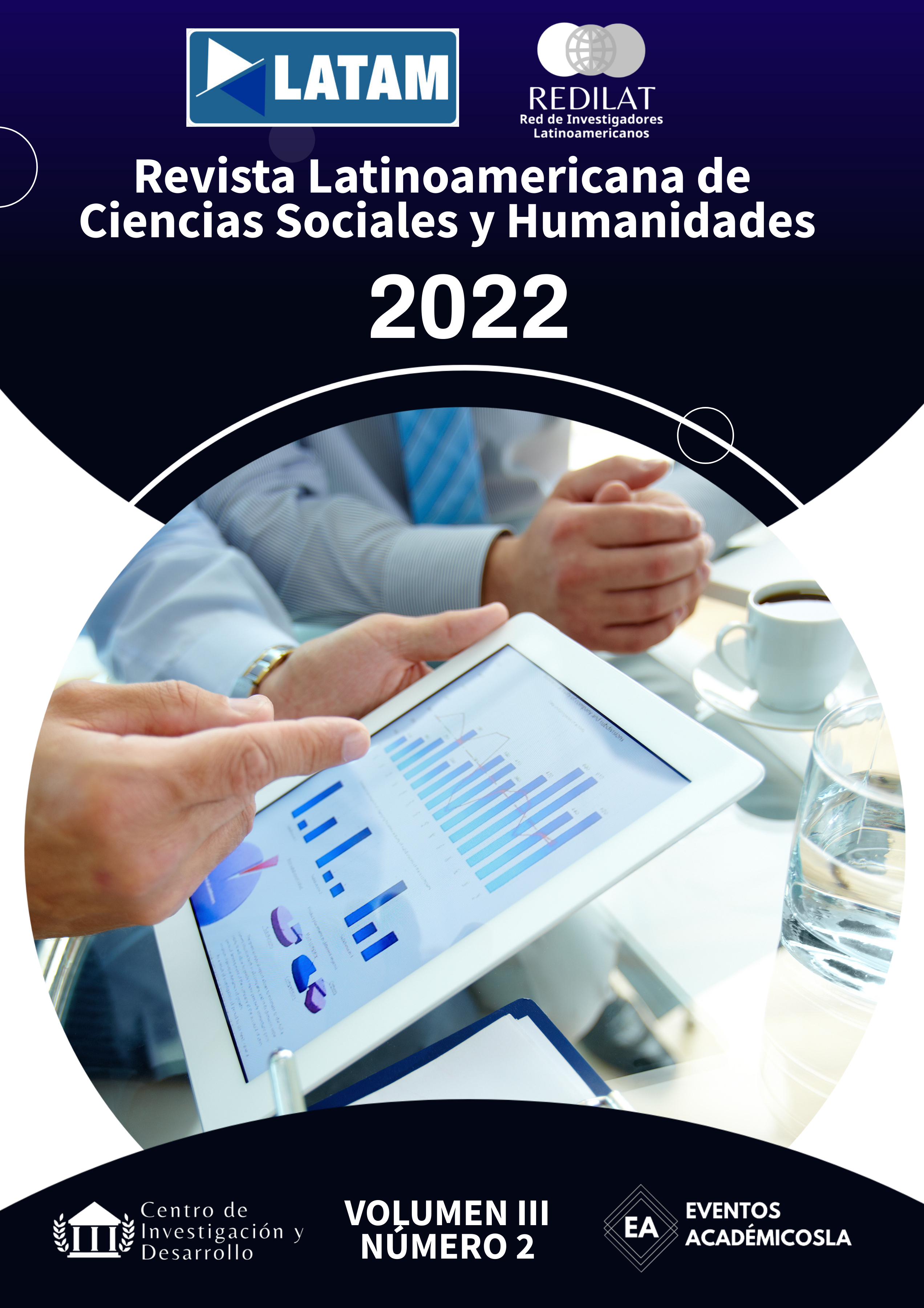Resumen
The book begins with an examination of our current
‘discontents’, of which the rise of a new ‘Moral Right’ is a
potent sign, to show how the crisis is rooted in a sexual and
sexological tradition which has ascribed an inflated importance
to sexuality. This ‘sexual tradition’ is the subject of the second
section, which explores the valiant endeavours of those
scientists of desire and philosophers of sex, the sexologists of
the past century, to locate the truth of sexuality in ‘Nature’.
‘Nature’, I suggest, in fact had little to do with it. This is
followed by a critical examination of the tradition of
psychoanalysis, which has a latent power to disrupt the
naturalism and essentialism of the sexological tradition and to
challenge our conceptions about the relationship between
identity and desire. The book closes with an examination of the
theories and practice of the new social movements of recent years, especially the feminist, lesbian and gay movements who
have organised around questions of identity, desire and choice
to challenge the certainties of the past, and take us beyond the
boundaries of sexuality. What does this mean for the future of
the science of sex—and of sexual politics?






